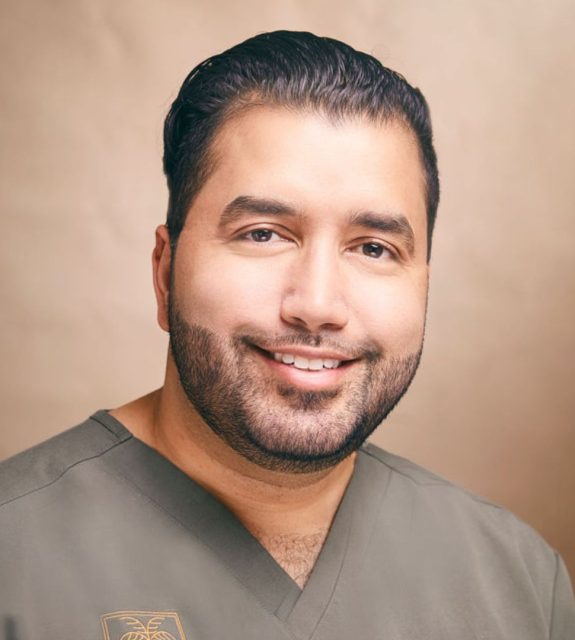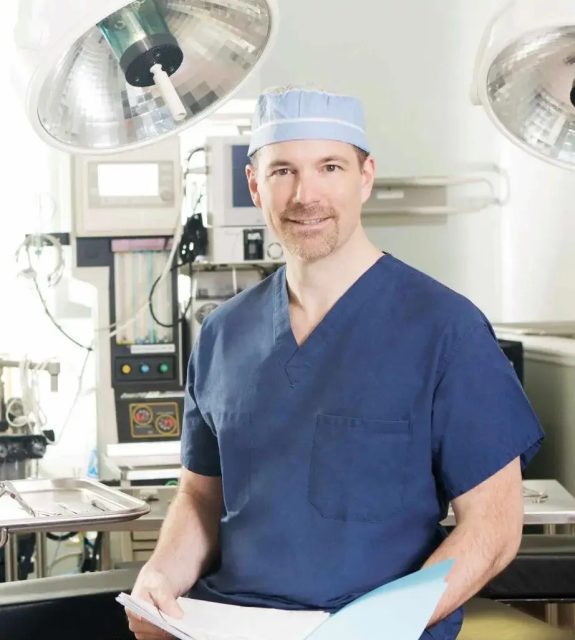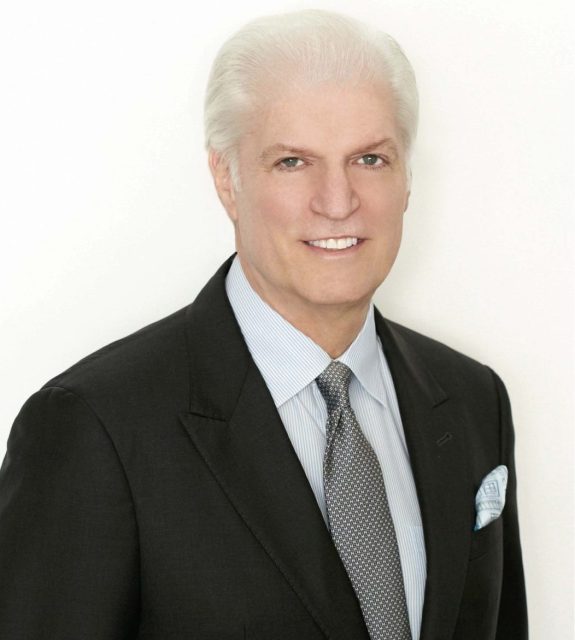Dr. Akash Mehta is an Emergency Medicine board-certified specialist, health and fitness consultant, and Concierge Medicine physician based out of Los Angeles. After finishing medical school at the Touro College of Medicine in Manhattan, Dr. Mehta completed his Emergency Medicine residency at Mount Sinai Medical Center in Miami Beach. Then Dr. Mehta joined Kaiser Permanente as an Emergency Medicine attending physician in West Los Angeles. After years of obtaining intricate knowledge of the healthcare system, he decided to branch on his own and create Nyla Health. He continues to work with various Emergency Medicine groups in and around Los Angeles, and most notably had extensive experience in the frontline during the COVID-19 pandemic.
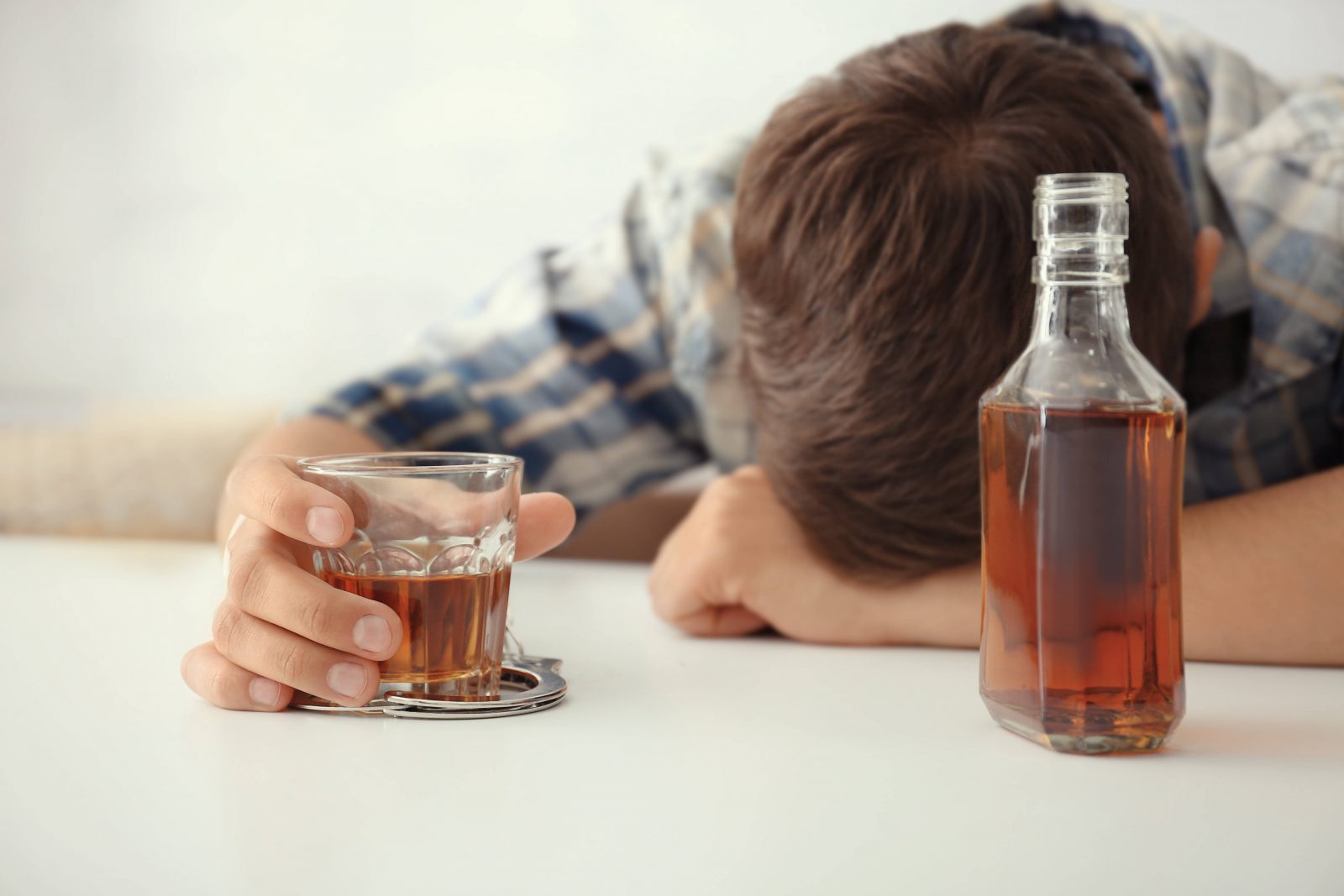 Photo Credit: Shutterstock
Photo Credit: Shutterstock
She’s not answering your texts. Jess has been in the bathroom for 20 minutes already, and there’s no visible line. Rebecca has already swooped onto the new guy from accounting Jess has really been into. “God, I hate her,” you muster to yourself. You finish your Diet Coke (only because you’re driving tonight) and walk over to the bathroom stalls. You recognize her heels, and unfortunately, see her knees on the ground. “Jess!”, you yell as you knock on the door. “You ok?” She doesn’t answer. You bend down to your own chagrin and pinch her calf from outside her door. “Jess!” She thankfully musters a slow “Hey.” She opens the door for you and you realize she had been sleeping on the toilet with ubiquitous vomitus.
Alcoholic beverages (which contain ethanol, a specific type of alcohol) have been part of most cultures and human empires since the Stone Age, and have had a wide range of uses, from religious traditions to recreational uses. Thus, it is no surprise ethanol has been a legal drug for adults in the vast majority of the world for centuries. Statistics show ~70% of adults have used ethanol in the last year in the United States, and it is usually the first recreational drug teenagers and young adults are introduced to worldwide.
Despite its legality and widespread use, it is not without its perils. Here Haute MD expert Dr. Akash Mehta who has trained and worked in emergency departments (EDs) in the U.S. in the northeast, southeast, and the west for 10 years dives into how he has rarely seen a shift in which a patient is not intoxicated with ethanol.
Sometimes it may not be the main medical issue, but it usually has a large reason for the medical complaint which led the patient to the ED (e.g. trauma, abdominal pain, excessive vomiting, suicidal thoughts, liver failure, gastrointestinal bleeding, etc). Ethanol is a sedative and interacts with the same chemical receptors as famous sedatives such as Xanax. It also helps lower inhibitions and leads to its popularity in social situations.
Because of the popularity of ethanol use, most of you are familiar with the signs of being inebriated with ethanol. Loss of coordination, slurred and loud speech, and drowsiness can be seen at nearly any nightlife establishment after midnight.
When does your friend (or you) need to get to an ED?
Essentially when there are signs that the affected individual will not or is not breathing correctly. Signs of ethanol poisoning include unconsciousness with an inability to be awakened, blue or pale skin, low body temperature, irregular breathing (with a gap of more than 10 seconds between breaths), slow breathing (less than eight breaths a minute), severe vomiting, and seizures. Remember that ethanol is a sedative; too much can also sedate a person’s respiratory drive. Any of the signs aforementioned require an immediate call to Emergency Medical Services (EMS) (which are contacted by dialing 9-1-1 in the United States).
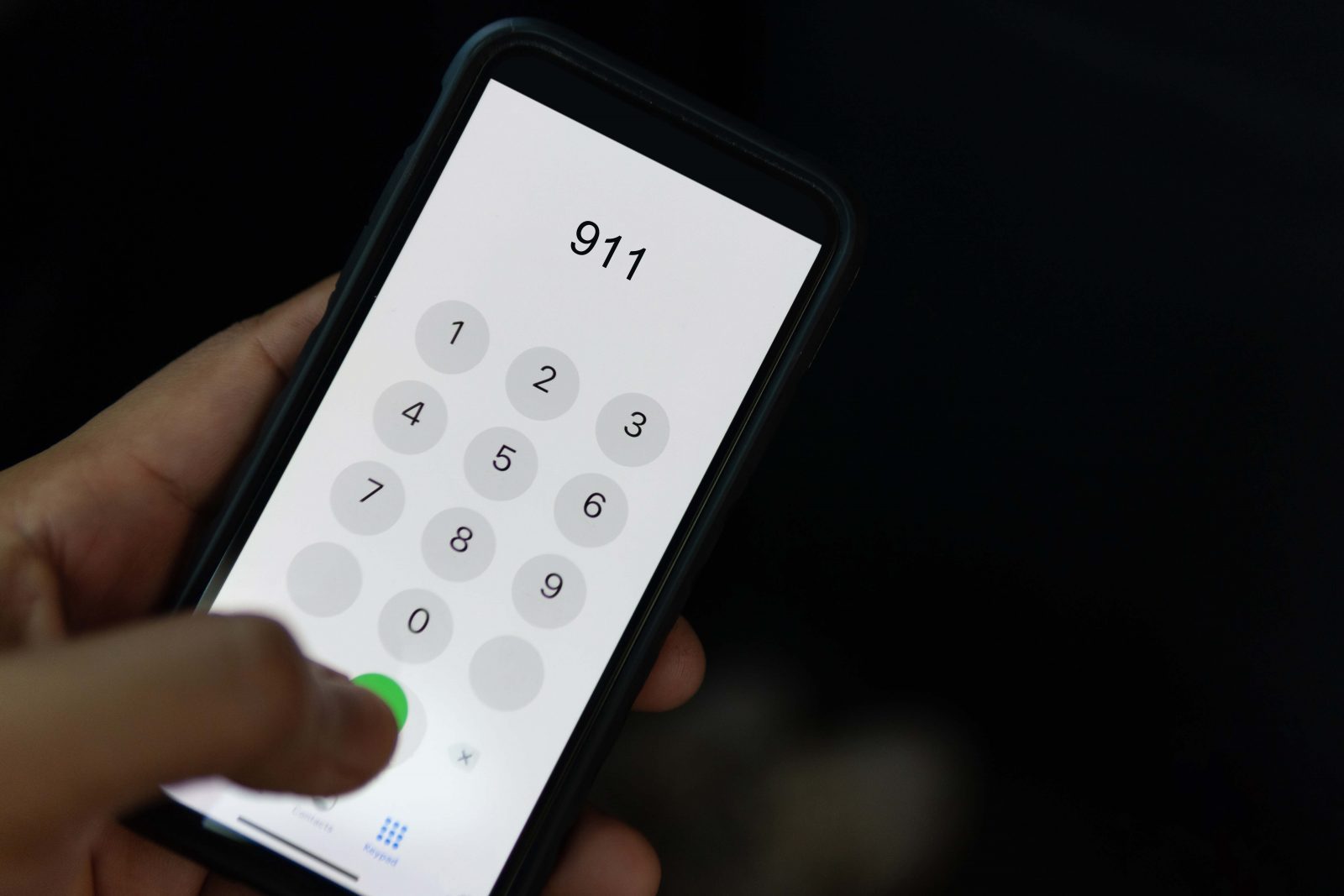 Photo Credit: Shutterstock
Photo Credit: Shutterstock
What can you do for the affected individual until the EMS arrives?
Protect and aid their airway and breathing. If they are vomiting profusely but severely drowsy, lie the individual to the side so they do not choke on their vomitus. If they are seizing, try to open their mouth as it may be from a lack of oxygen and lay them to the side as well. If they have slow and/or irregular breathing, try to stimulate them awake with loud speech or by providing a painful stimulus (e.g. firmly rubbing the knuckles of a closed fist against their sternum for up to 30 seconds). If that doesn’t work, you should open their mouth and provide “rescue breaths”; breathing into their mouth for one breath every 5-6 seconds. If they are unconscious, check for a pulse. If they do not have one, start providing continuous chest compressions until EMS arrives.
How can we prevent ethanol intoxication or an overdose?
Keep yourself hydrated; try to have a glass of water between every alcoholic beverage. Don’t drink on an empty stomach; food in your stomach may slow some alcohol absorption. Don’t mix ethanol use with other pharmaceutical or illegal drugs (especially sedatives); many medicines can slow the metabolism of ethanol in your body. Lastly, drink in moderation; avoid “drinking games” and binge drinking.
Now for the “million-dollar question” that I am asked frequently, how can we “speed up” sobriety?
Unfortunately, there is no cure. There is no “magic” drug or supplement to help metabolize ethanol. Once your gut has absorbed the ethanol, no food, water, or drink will aid with reaching sobriety more rapidly. Ethanol is predominantly metabolized by the liver, and it can only metabolize about 1 drink an hour in the standard adult male. Put on a long Netflix series, and be with a sober friend in case you fall asleep—unfortunately, there is no Apple upgrade yet for the 200,000-year-old design of the human body. It is a beautiful spring so far, and the perfect season for light cocktails on a boat or nice rooftop. To my readers, enjoy responsibly!
















